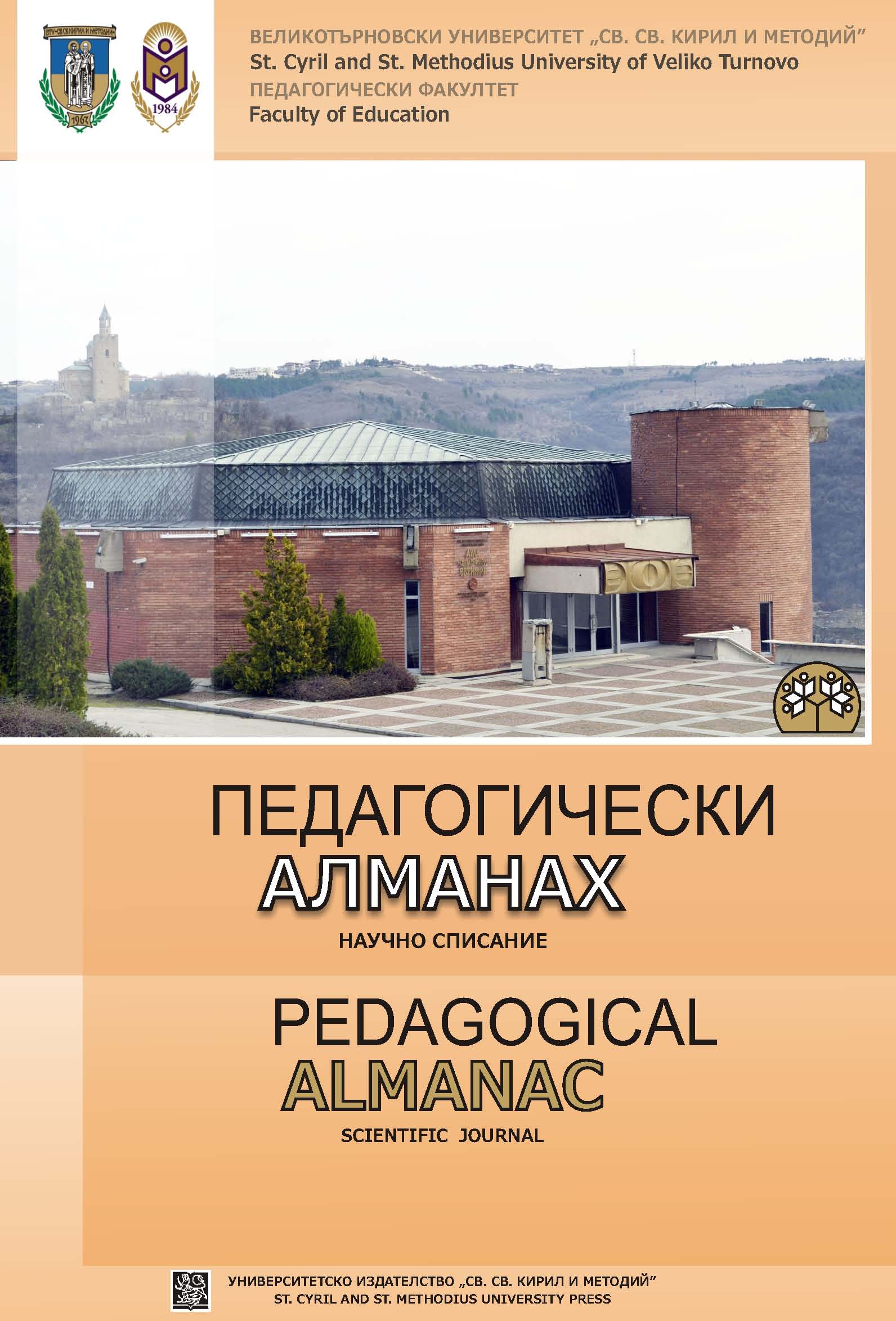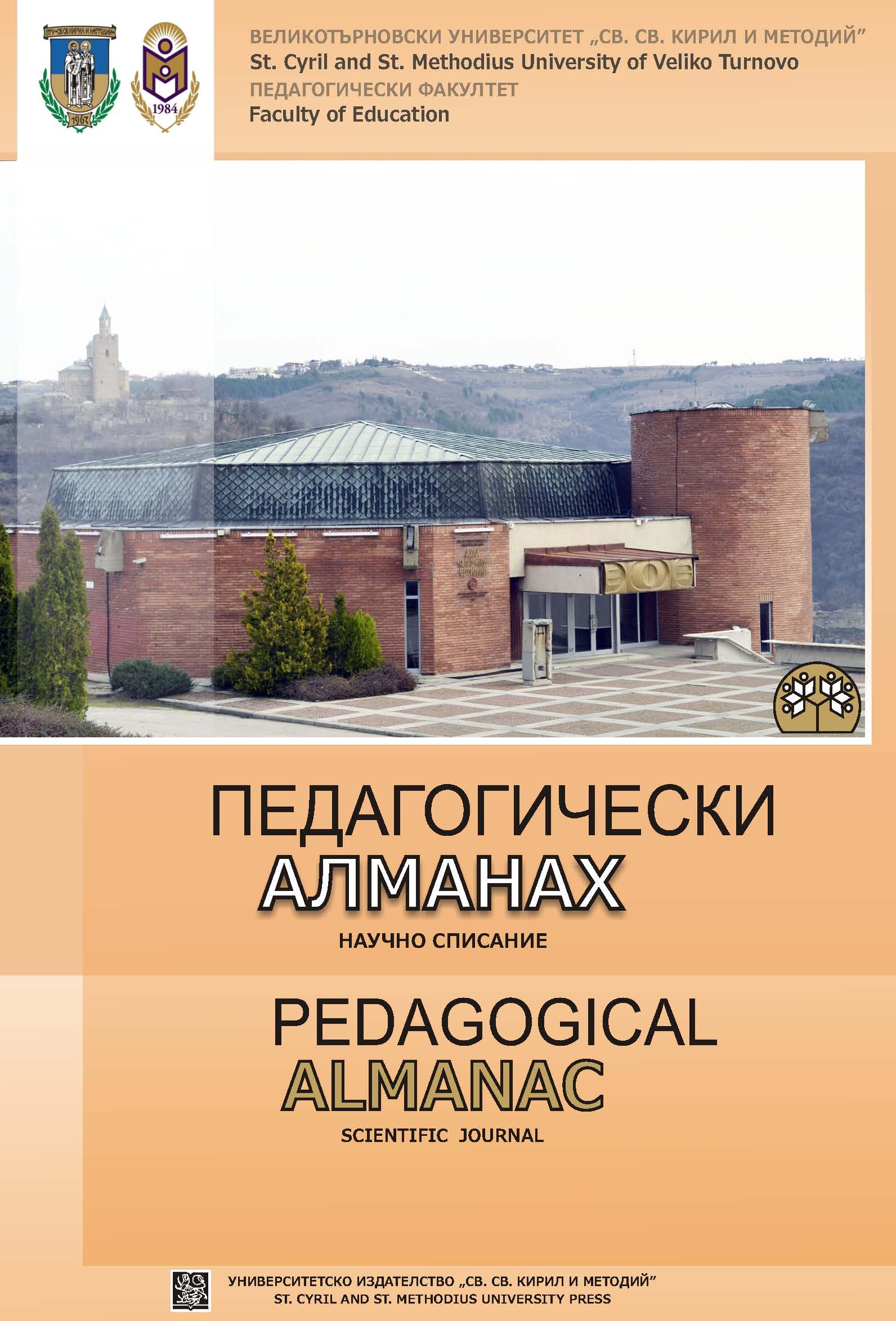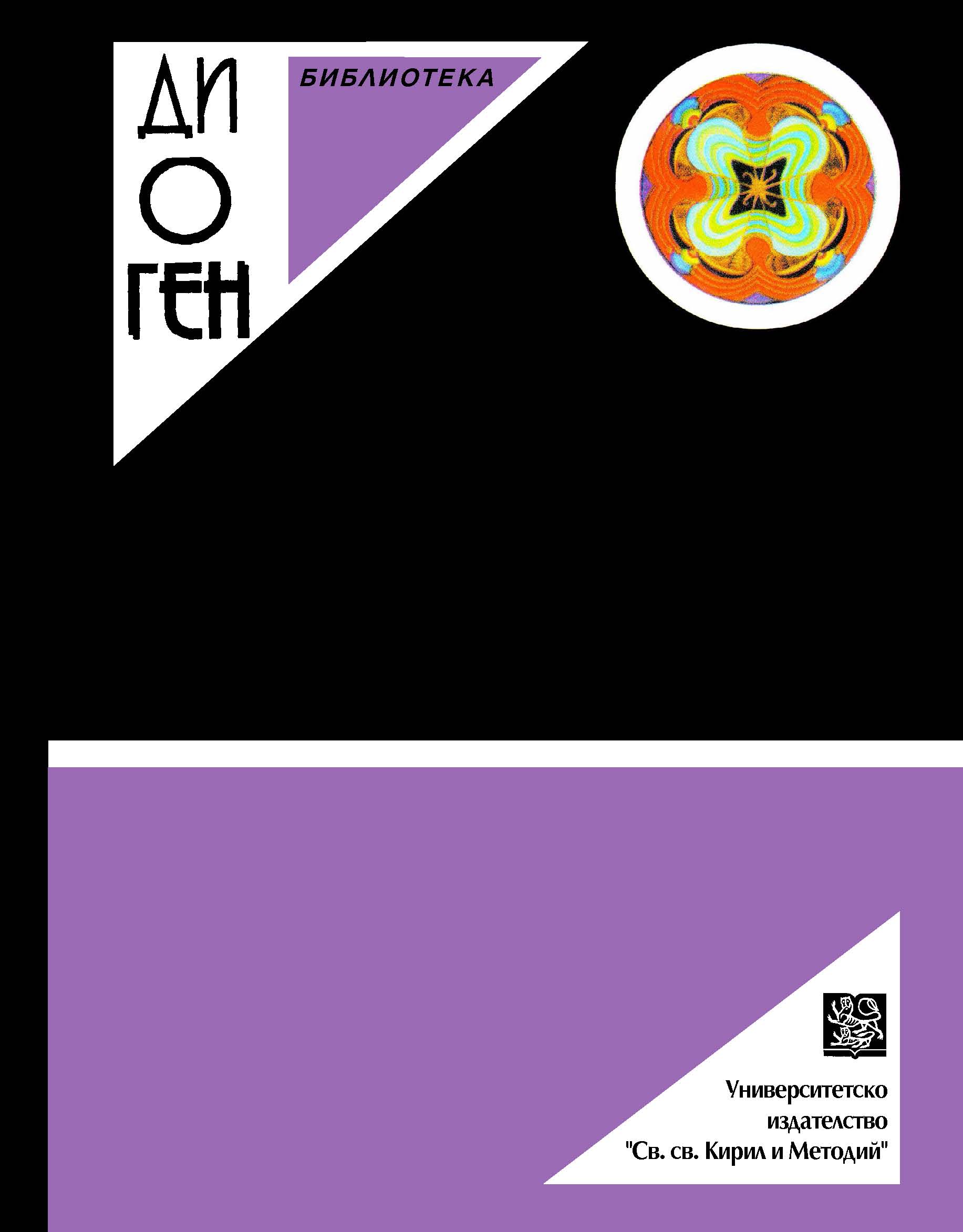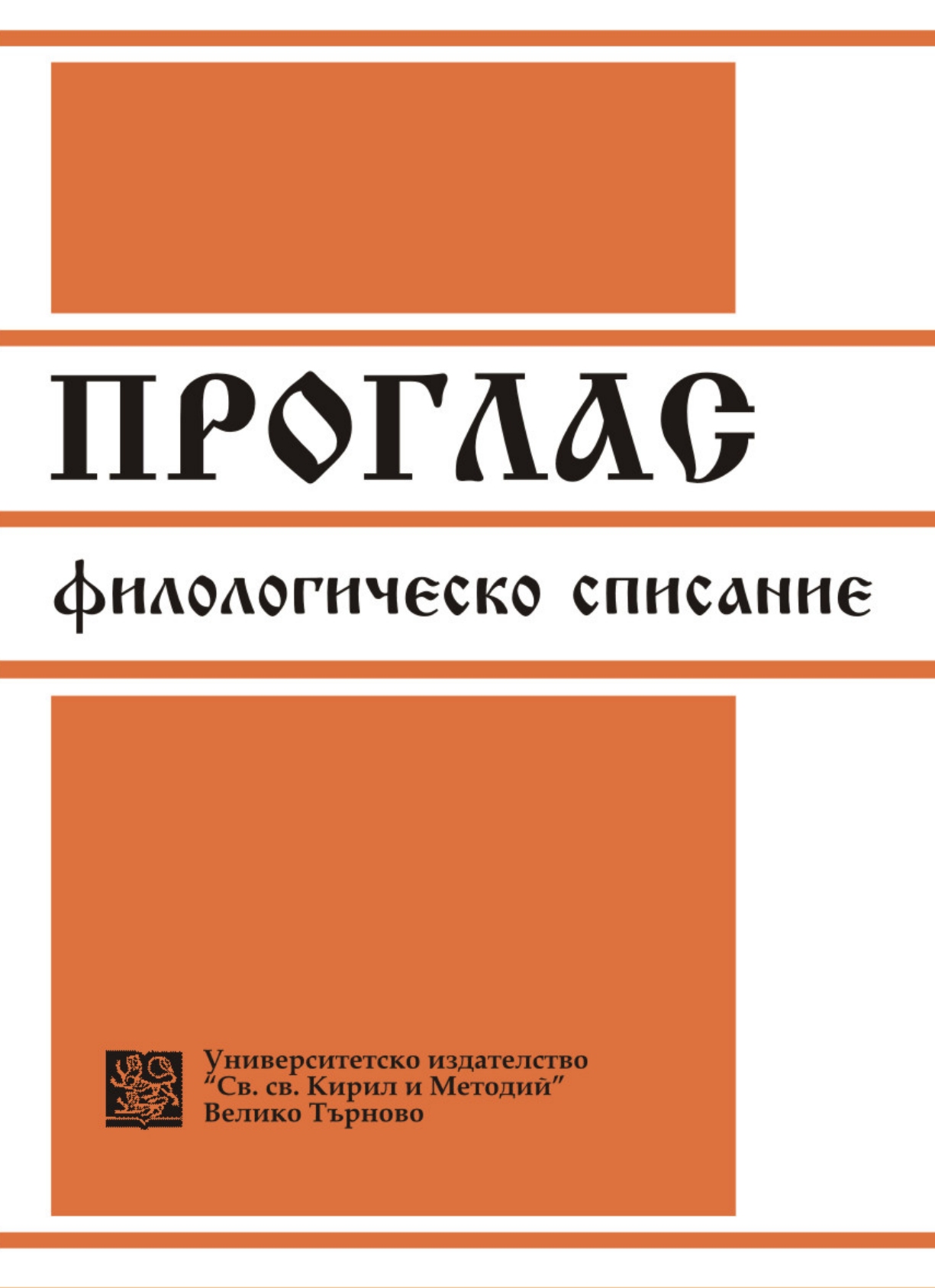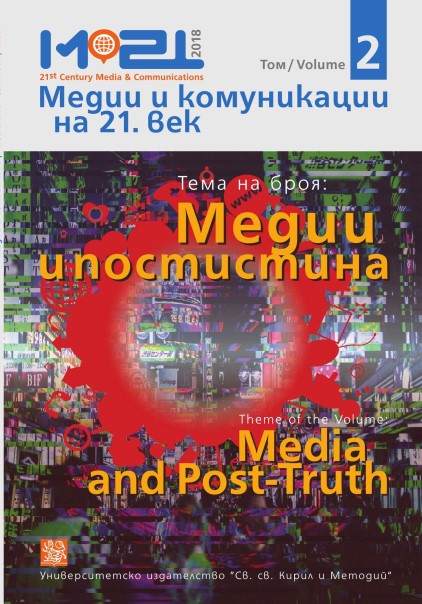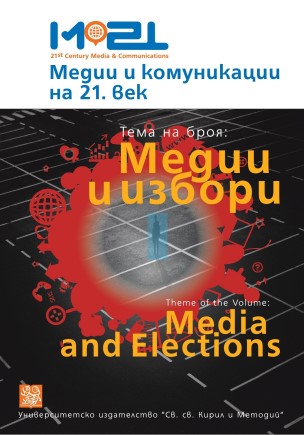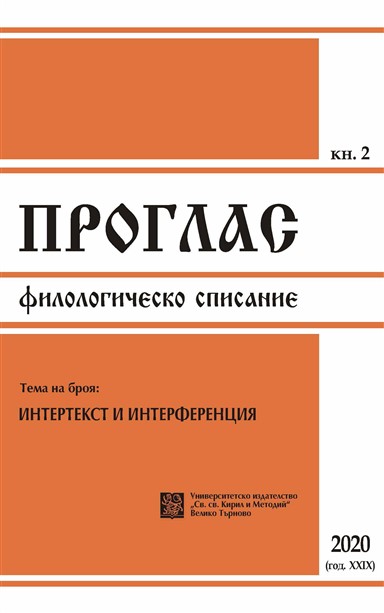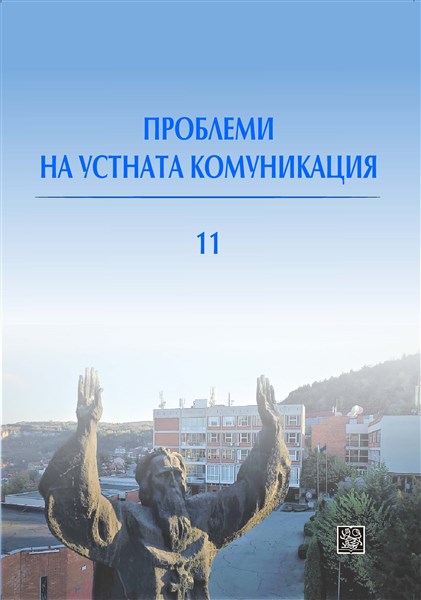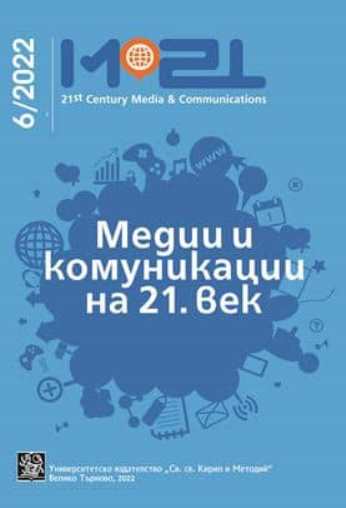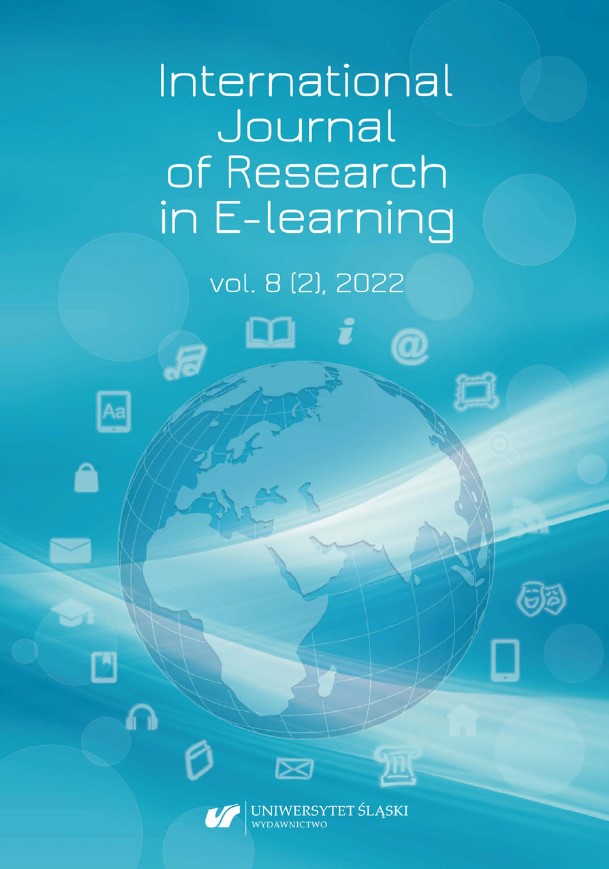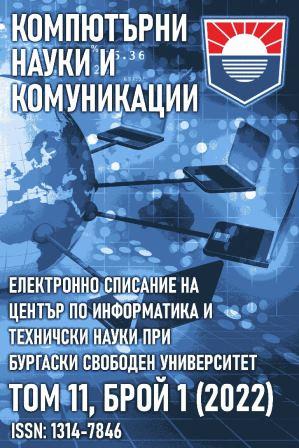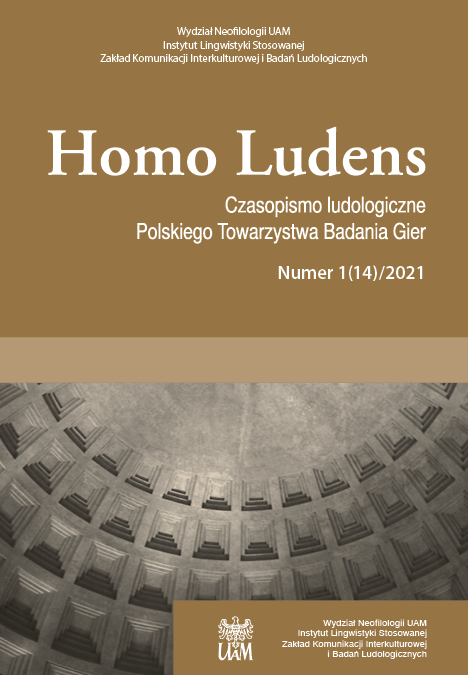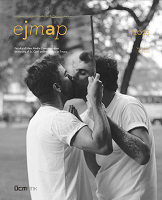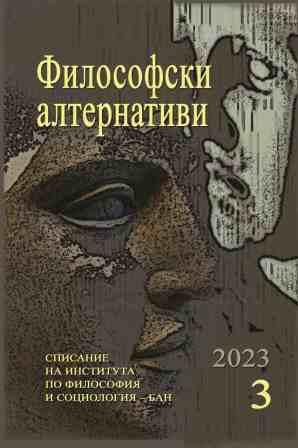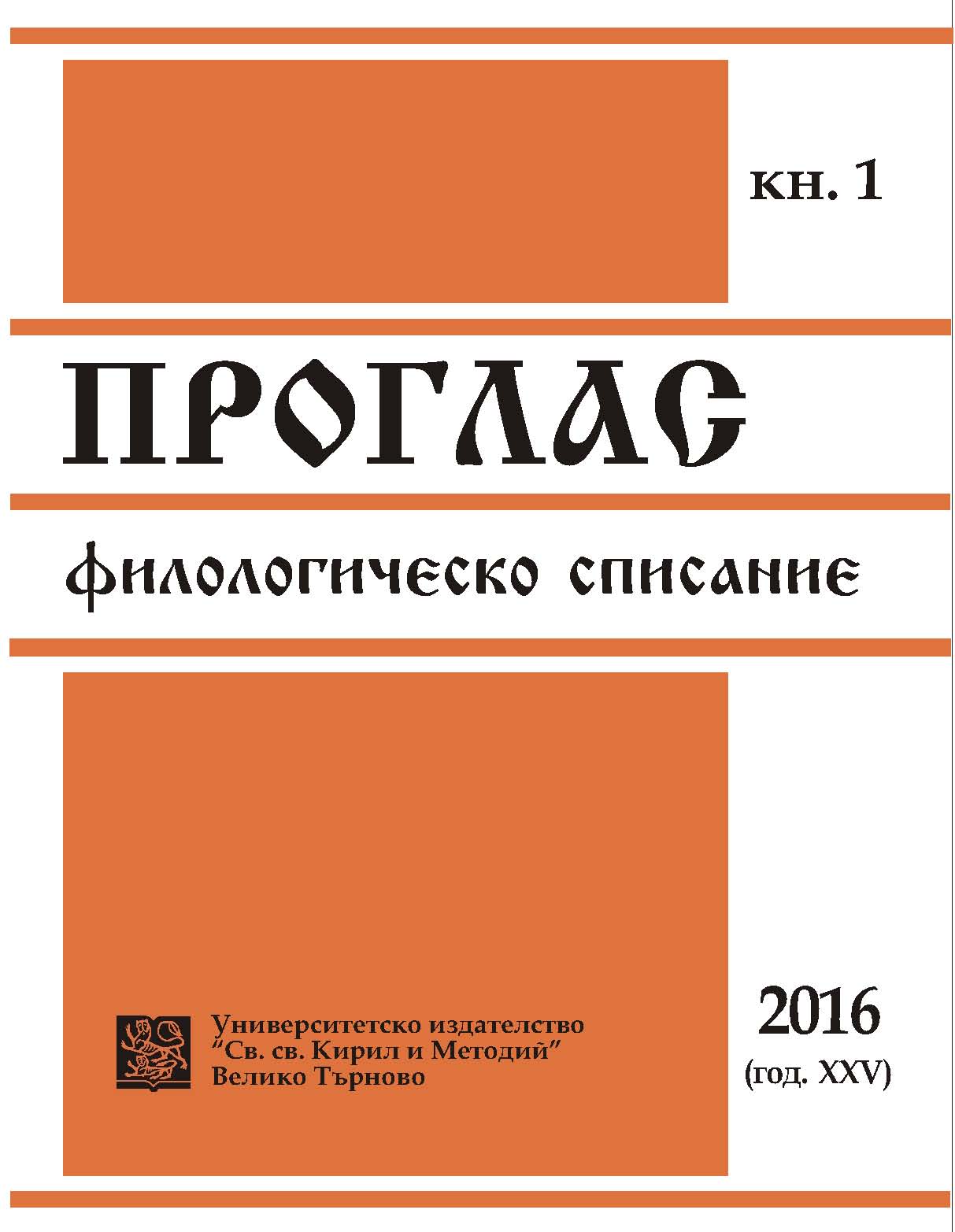
Модерната (неграмотност) на обществото като основен фактор за неговото опитомянване
This article argues that the history of mass media is actually the history of the technology for the manipulation of a society’s psyche. The main focus is on the opportunities for technical and media middlemen to launch certain messages and insinuations among the illiterate and docile masses, serving the interests of ‘the special class’ (Walter Lippmann). The analysis also takes into account ‘obsolete’ media attempts at professional ‘emancipation’ in their bid to preserve their market value against the challenges of a competitive environment.
More...
